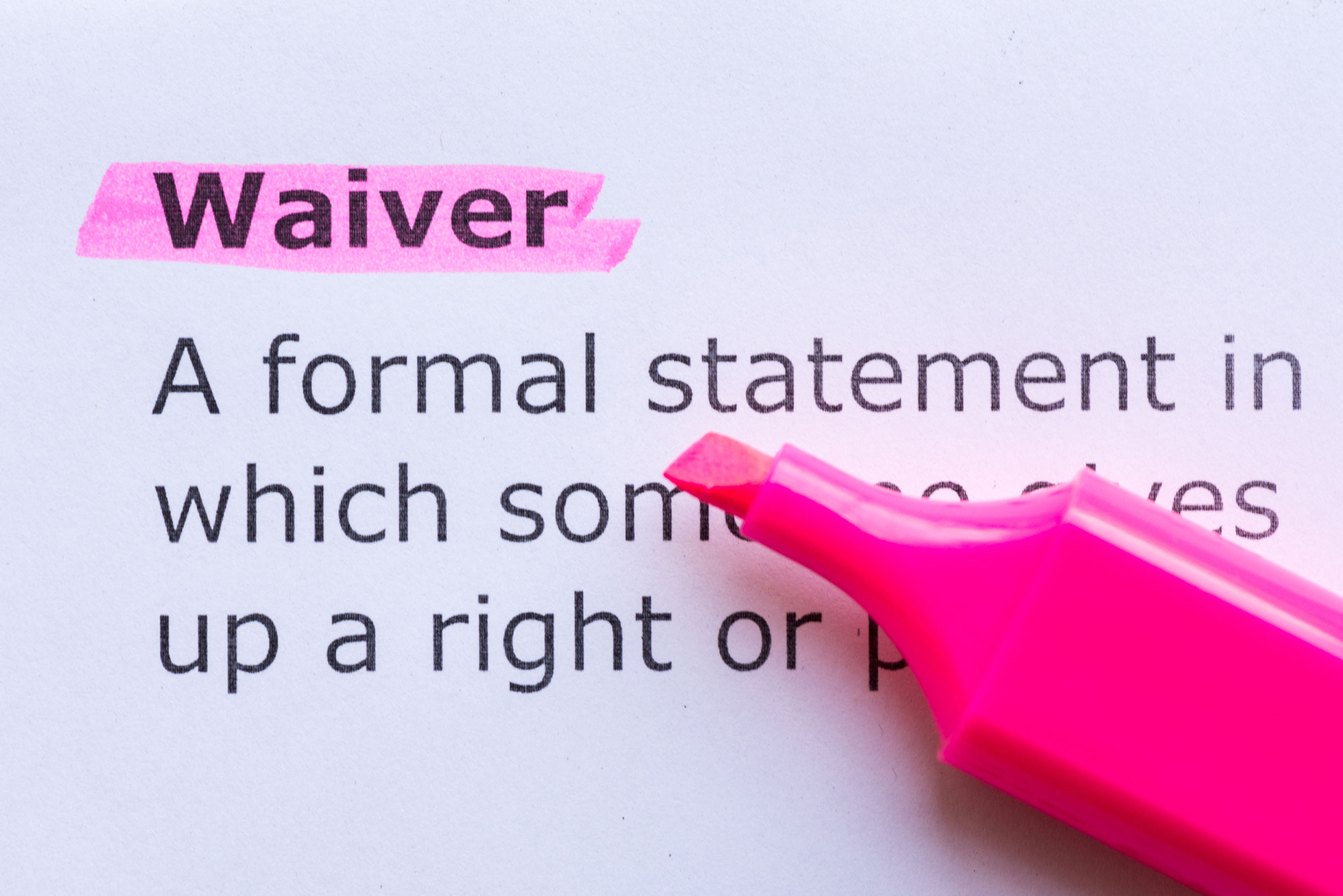
In an ever-increasing litigious world, a person might be requested to sign a waiver before participating in any equine activities. Simply put, a waiver relinquishes a person’s legal advantage, claim or right.
Gary Grenzke, MBA, who specializes in equine insurance for Arthur J. Gallagher Co.’s property/casualty brokerage operations, noted that a release waiver is important for an event or horse business owner to have in place in addition to posting signs about state equine liability laws. He emphasized that the waiver should include a list of inherent risks with a preface clause that states: “including but not limited to.” Most attorneys agree that when making a list of things that can go wrong when dealing with horses, the more items on the list of inherent risks, the better.
Other critical points that can improve the strength of a waiver are meant to ensure that the person signing the waiver is able to read it and understand the language. It should be written in normal English rather than “legalese,” said Grenzke. The heading should be in bold stating that this is a release waiver, and preferably denote for what activity. The font of the document should be at least 9-10 point. The person reading and signing it shouldn’t be rushed to do so.
If a minor is the participant, ensure that a parent or legal guardian signs for that child.
A signup sheet does not constitute a waiver. Grenzke advised that each participant should be given a waiver as a separate piece of paper to sign.
Waivers should be saved for years, he said, because it is not uncommon for people to come back after a couple of years to sue for damages they claim are related to an incident at a horse event.
Waivers are not always enforceable, particularly if there has been gross negligence on the part of the event sponsor or organizer, or if a minor has signed the waiver. Also, each sate has its own laws, which can vary widely in honoring a waiver defense.
Another critical measure for a business owner to consider is to customize the waiver, with the help of your attorney, for your specific place and event.
“Just because an insurance company ‘accepts’ a waiver doesn’t guarantee it is will hold up to their protocols,” said Grenzke.
This is especially true when people use sample waivers found on the internet or use one obtained from a friend.
He notec that insurance companies do not review and approve waivers; they simply want to know that one exists.
“Probably one of the most important considerations as to why to implement a waiver is the cost of legal defense,” said Grenzke. “You may win the case, yet your legal defense expenses can run $100,000 – $150,000, for which you are responsible.”
A waiver can help you win in court. A good insurance policy provides unlimited defense costs and does not dilute the limits available for settlement. Your insurance policy helps protect against frivolous lawsuits or ones brought up years later without merit.
“With that in mind, it is best to pay a little more and opt for at least a $1,000,000 insurance limit,” said Grenzke.
In most cases, a waiver gives you a legal leg up to protect your business, property and assets.


